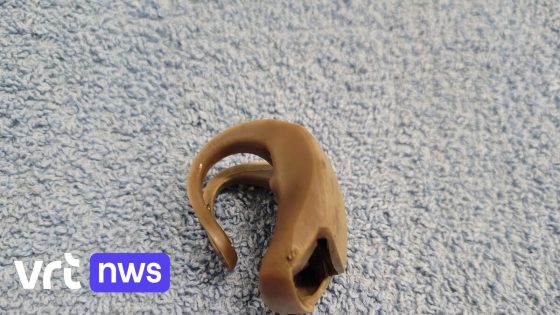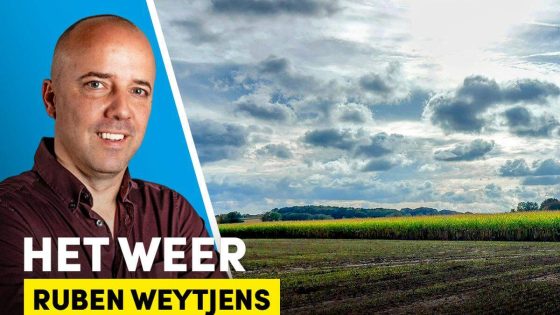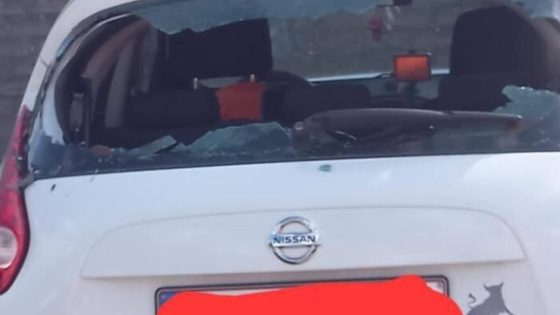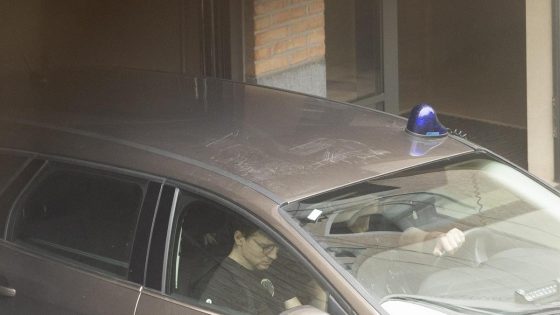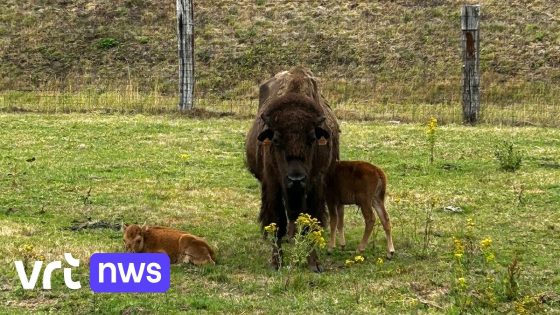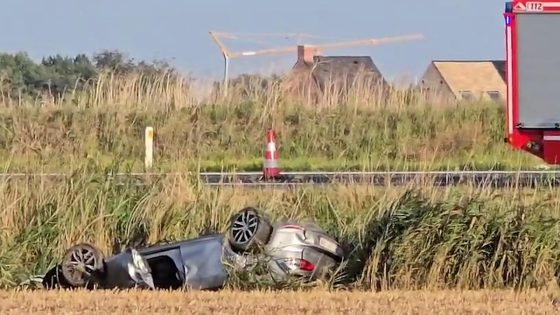A blue heron was recently brought to VOC Neteland, the wildlife rescue centre in Herenthout, after swallowing a rubber bicycle light. The bird, found in nearby Hulshout, was severely weakened because it couldn’t cough up the foreign object on its own. This incident highlights the ongoing risks that litter poses to local wildlife in Belgium.
- Blue heron ingested rubber bicycle lamp
- Bird brought to VOC Neteland center
- Found weakened in Hulshout area
- Animal couldn't cough up object itself
- VOC urges no litter in nature
On 2025-07-23 13:46:00, VOC Neteland shared the story to raise awareness about the dangers of leaving waste in natural habitats. The centre urges the public to keep our environment clean to protect vulnerable animals like this heron.
How often do we consider the harm that small pieces of rubbish can cause to wildlife? And what can we do to prevent such distressing situations? The case of this heron serves as a crucial reminder, which leads US to the key takeaway below.
Why does this matter for Belgium’s environment? It raises important questions about human impact on wildlife health and habitat safety. Small items like bike lights may seem harmless but can cause serious harm. Key points include:
- Wildlife rescue centres like VOC Neteland play a vital role in rehabilitating injured animals.
- Littering in natural areas can lead to ingestion of dangerous objects by birds and other animals.
- Public awareness and responsible waste disposal are essential to prevent similar incidents.
Looking ahead, it is crucial for communities to strengthen efforts in environmental education and waste management. Will you help keep Belgium’s nature safe by disposing of your rubbish responsibly and spreading the message?



